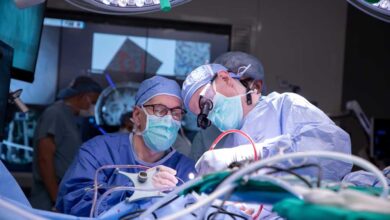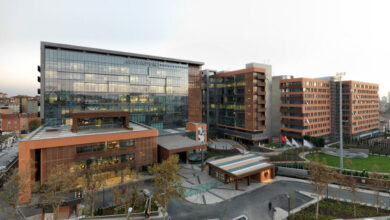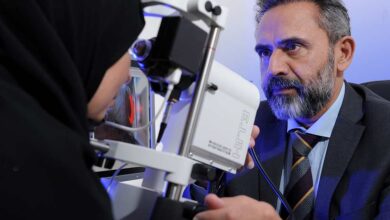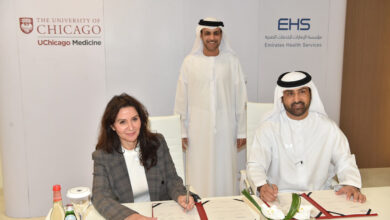How effective assessment of medical learners can dramatically improve the quality and safety of patient care

A two-day faculty development program co-directed by Weill Cornell Medicine-Qatar (WCM-Q) and the US-based Accreditation Council for Graduate Medical Education provides highly effective tools for enhancing the performance of medical learners by optimizing assessment and feedback processes.
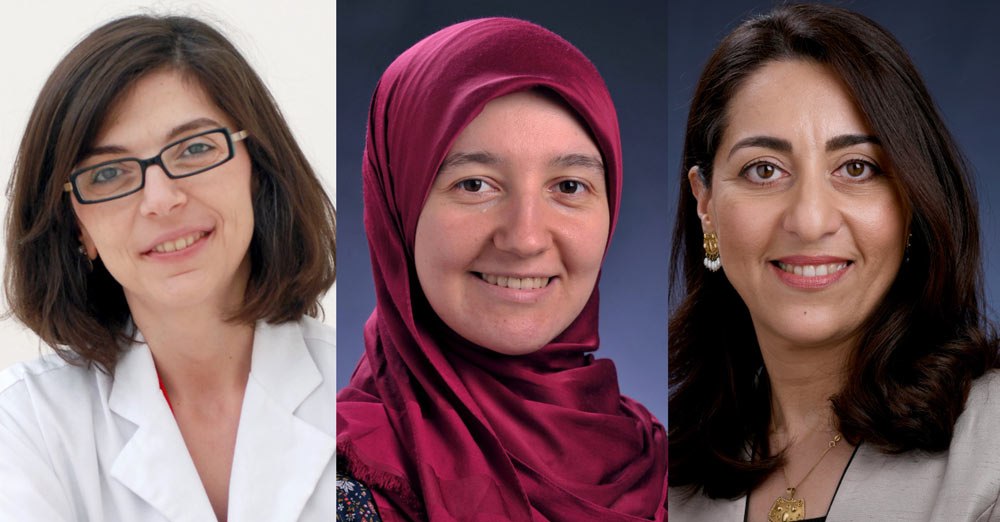
Dr. Thurayya Arayssi, Vice Dean for Academic and Curricular Affairs at WCM-Q, spoke to “Hospitals” magazine to explain the importance of this approach. “I don’t think it’s an overstatement to say that optimized assessment and feedback is probably the most powerful tool we have as medical educators to boost overall healthcare outcomes for patients,” said Dr. Arayssi, one of the co-directors of the workshop. “What I mean by that is that very high-quality assessment and feedback can turn a good learning experience into an excellent one because feedback, if done well, provides a real opportunity for growth.”
The workshop, developed by WCM-Q’s Division of Continuing Professional Development, is directed by Dr. Arayssi and Dr. Eric Holmboe, Chief, Research, Milestones Development and Evaluation Officer at the ACGME, who are both speakers on the program. First offered in 2019, the workshop has proven extremely popular with medical educators in Qatar and the wider world, with healthcare professionals from seven different countries participating in each instalment, on average. The next instalment of the program will take place on October 26-27, 2023.
The other speakers are Deema Al-Sheikhly, director of medical education and continuing professional development, and lecturer of education in medicine; Dr. Sumeja Zahirovic, assistant professor of medicine; Dr. Amine Rakab, assistant professor of clinical medicine and assistant dean for clinical learning; Dr. Mai Mahmoud, assistant dean for faculty affairs and associate professor of teaching in medicine; and Dr. Amal Khidir, associate professor of pediatrics, all of WCM-Q. Dr. Sandra A. Moutsios, director of the internal medicine-pediatrics residency program and assistant professor of internal medicine at Vanderbilt University Medical Center (VMUC) in the US will also be speaking.
The workshop will provide a background theory of competency-based medical education, plus assessment and feedback tools, key strategies for identifying and remediating a struggling learner, and specific techniques to apply to improve direct observation skills. Attendees will have the opportunity to work in small groups to complete short practical exercises to apply the theories they have learned.
Dr. Sumeja Zahirovic said: “This model of assessment recommends adequate training of the assessor as one of the top priorities to ensure accuracy and reproducibility. Learners benefit a great deal from very rigorous and targeted assessment and feedback that is delivered in a collaborative rather than a judgmental manner.”
The workshop provides guidance on how to develop a collaborative feedback approach.
Deema Al-Sheikhly said: “It is important for faculty to have a shared mental model of expected learner behavior and expected level of performance to ensure the right assessment at the right time. Additionally, it is critical to utilize multiple methods, multiple assessors and assessment tools that are valid, reliable and fit for purpose.”
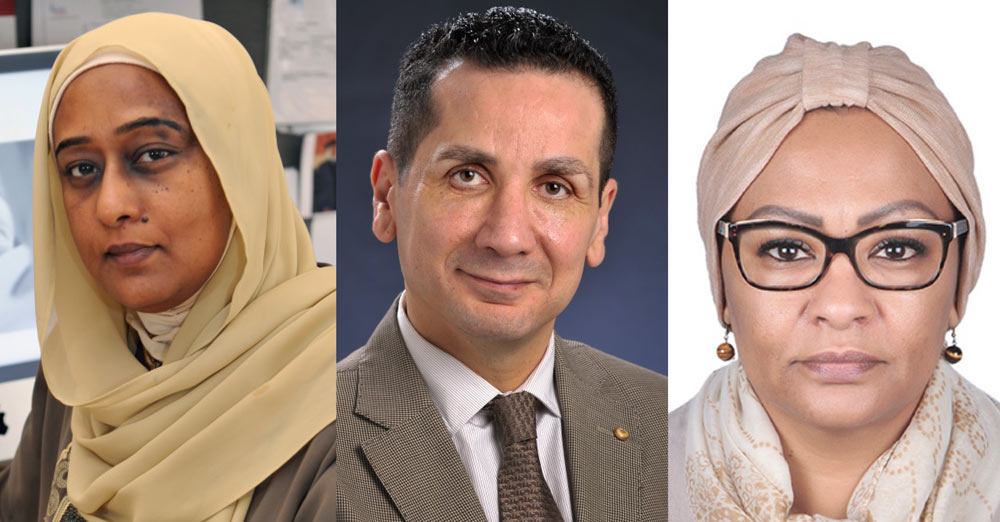
Dr. Amal Khidir added: “This workshop helps faculty to both design effective learning activities and to provide effective and specific feedback to learners. It highlights the importance of normalizing the remediation, considering the learner’s reflections, and co-producing a remediation plan with the learner. It is also important to follow up and sustain that progress.”
The workshop also uses sessions with standardized medical residents – these are medical professionals who are trained to play the role of learners for the purpose of training faculty members. Some sessions also involve standardized residents interacting with standardized patients, who are non-medical professionals trained to play the role of patients. The attendees have the chance to observe the standardized residents taking a medical history and performing an examination of the standardized patient. They then assess the performance of the standardized resident and provide feedback to them.
Dr. Amine Rakab said: “The workshop utilizes a very systematic and intentional approach that maximizes the effectiveness of learning opportunities, which we believe ultimately translates into better learning outcomes and, therefore, more accomplished physicians and, most importantly, better healthcare outcomes for patients.”
Dr. Mai Mahmoud added: “The workshop has been carefully designed to help faculty very quickly acquire the advanced skills and knowledge required to make effective assessments and give targeted, actionable feedback to learners that helps them enhance their mastery of a given skill or task.”
Commenting on her experience after completing a previous installment of the workshop, Dr. Farah Jaber, Medical Chief Resident, Internal Medicine Department, AUBMC, said: “I would like to thank the organizers and speakers for arranging this workshop and providing us with the knowledge and training needed to constantly improve. It is a great honor to be part of this learning community.”
The workshop, titled ‘Assessment in Competency Based Medical Education: A Faculty Development Program,’ is accredited locally by the Department of Healthcare Professions (DHP) of the Ministry of Public Health (MoPH) and internationally by the Accreditation Council for Continuing Medical Education (ACCME).













